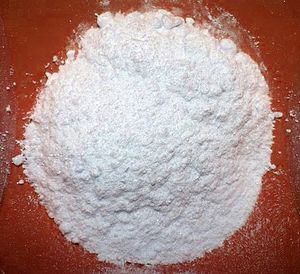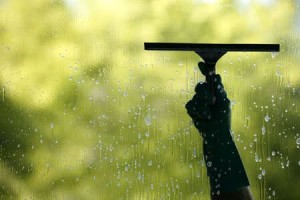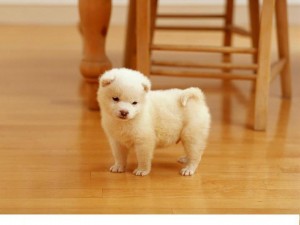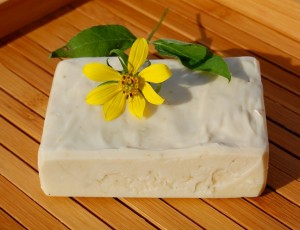Hi Kids!
Next in the lineup for Stuff You Can Make Yourself is scouring powder, tub-scrub, cleanser…whatever you like to call it. It’s the stuff that gets your sinks, tubs, tub surrounds, etc. clean and sparkly. Pretty nice on the grout too, I must add. You can also use this to scrub pots and pans after the kids are done cooking your Mother’s Day breakfast!
I even use this to get burnt crud off my glass-top stove. No, it doesn’t scratch or harm the surface. I’ve been using it for months!
1 cup Borax
1 cup table salt
1/2 cup Baking Soda
1/2 cup Washing Soda (Arm & Hammer makes this too)
*Optional: 5 to 10 drops of your favorite essential oil, for scent (but I use 3 drops peppermint and 4 drops pine)
You can just whisk or shake this mixture together, but I like to run it through a food processor to mix it completely, and to bust up anything that’s gotten lumpy.
Sprinkle, scrub, sparkle!





